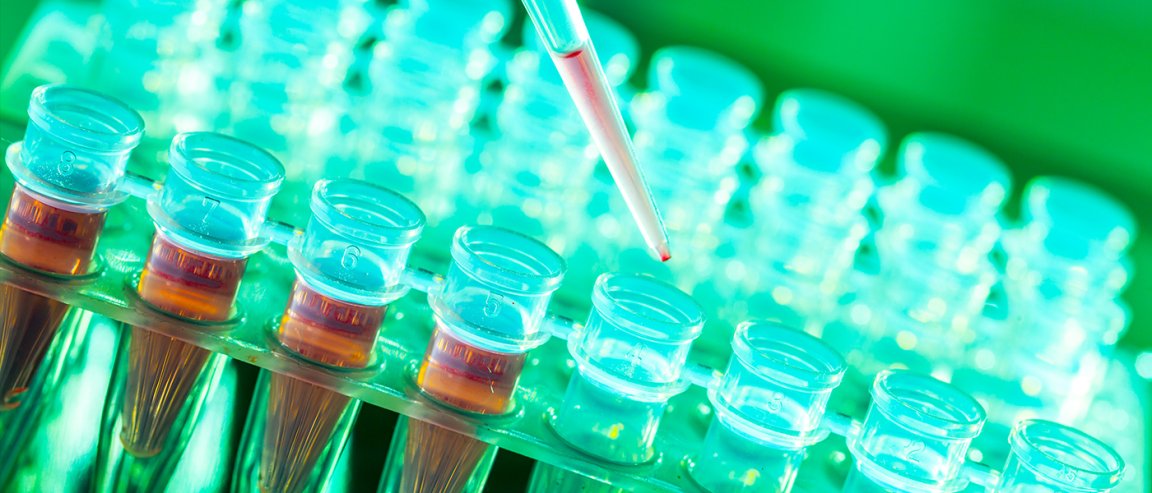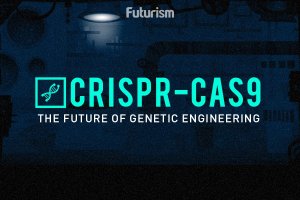
Potential Treatment
Gene therapy has been available for quite some time now. Advances in modern medical science, particularly in stem cell research, have made it possible to use DNA to compensate for malfunctioning genes in humans. The therapies have even proven effective for treating rare forms of diseases. Now, a research team in France has shown that gene therapy may be used to cure one of the most common genetic diseases in the world.

The team, led by Marina Cavazzana at the Necker Children’s Hospital in Paris, conducted stem cell treatment on a teenage boy with sickle cell disease. The disease alters the blood through beta-globin mutations, which cause abnormalities in the blood protein hemoglobin. These abnormalities cause the blood cells (which have an irregular shape, like a sickle, hence their name) to clump together. Patients with sickle cell disease usually need transfusions to clear the blockages their cells cause, and some are able to have bone marrow transplants. About 5 percent of the global population has sickle cell disease, according to the WHO. In the United States alone, the CDC reports that approximately 100,000 people have sickle cell disease.
“The patient is now 15 years old and free of all previous medication,” Cavazzana said when discussing the outcome of their study. “He has been free of pain from blood vessel blockages, and has given up taking opioid painkillers.” Their research is published in the the New England Journal of Medicine.
The Wonders of Gene Therapy
The particular treatment given to the teenage boy at Necker Children’s Hospital began when he was 13 years old. The team took bone marrow stem cells from the boy and added mutated versions of the gene that codes for beta-globin before putting these stem cells back into the boy’s body. The mutated genes were designed to stop hemoglobin from clumping together and blocking blood vessels — the hallmark of sickle cell disease.
Two years later, the boy’s outcome looks promising. “All the tests we performed on his blood show that he’s been cured, but more certainty can only come from long-term follow-up,” Cavazzan said. Her team also treated seven other patients who also showed “promising” progress.
If the method shows success in larger scale clinical trials, “it could be a game changer,” said Deborah Gill at the University of Oxford, “The fact the team has a patient with real clinical benefit, and biological markers to prove it, is a very big deal.”
Other research involving gene therapy is also showing similar promise. One — which has already been approved by the FDA — is a potential treatment for blindness. Others look at treating Parkinson’s disease or even prolonging human life. What these studies show is that gene therapy and stem cells may be able to give hope to patients with diseases that have long been considered incurable.